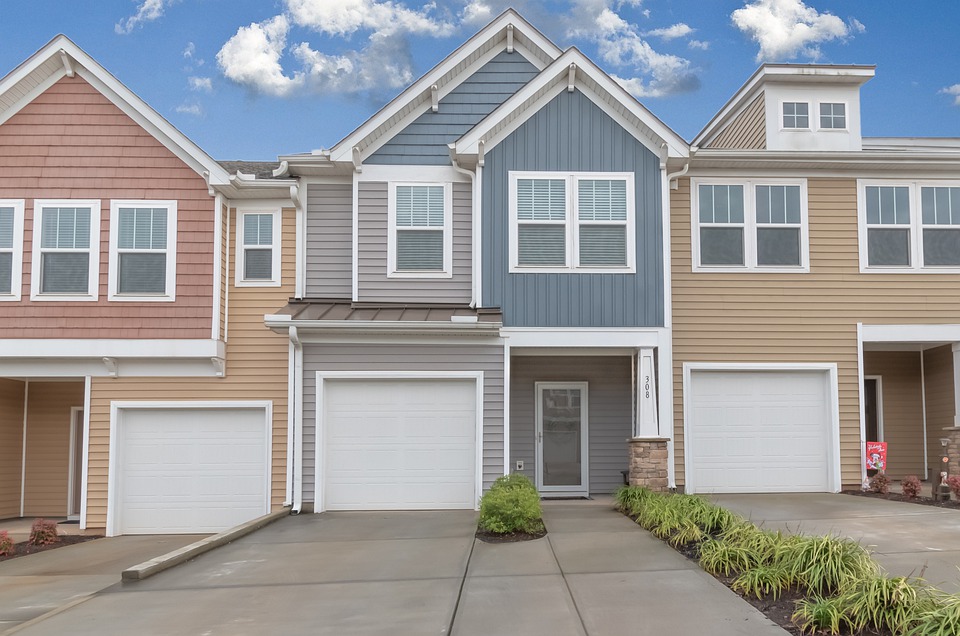Reserve Study in 2021 - Everything you need to know
Living in a community is a good idea as it gives a feeling of a united entity where different homeowners can live together and work for the common good. That's where the idea of HOA, or homeowner association, emerges. So, with an HOA, you don't need to worry about park maintenance, broken street lights, and other property repair issues because the association takes care of the funds and maintenance.
But the question is, how does the homeowner association estimate the funds? How does the association predict if they will have sufficient funds or have to scramble for more funds? The answer is simple: Through reserve study.

What is a Reserve Study?
The HOA reserve study is the life savior when it's about maintaining the physical assets of the community. This study tentatively analyzes the different components of the properties, roof, walls, decks, patio, and other assets. Based on this analysis, it's estimated when these components might need repair and maintenance and how much funds will be required to carry out all the repair work without running out of funds.
A reserve study requires a detailed and in-depth analysis that is not only constrained to just looking at the apparent conditions of the assets but also calculating the probability of wear and tear based on the number of people living within the property and the frequent use of the underlying assets.
Is it Mandatory to Conduct a Reserve Study?
No, according to many states, there isn't any rule that abides HOA to conduct reserve studies to handle the possible future issues regarding repair and maintenance. But conducting a reserve study is important even if the law doesn't levy significant emphasis on it.
It's not wise to solely depend on the government's mandate to determine the significance of conducting a reserve study. Things can go totally out of hand if you end up estimating the wrong amount of funds.
Forget about the state; here is why you should carry out a reserve study by all possible means:
- You get a clear picture of your current funds' state.
- It cuts the possibility of looking out for additional funds in the middle of an already running project.
- You get a detailed overview of the current state of the property.
These are just a few reasons that show why it is important to forgo local law if it doesn't shed adequate light on whether to conduct an HOA reserve study annually or not.
How to Measure the Strength of Reserves?
There is no yardstick to measure the adequacy of reserves. A particular amount of reserves might be considered too much for a particular community, but that same amount might be too low for another property. However, you can measure the strength based on a few things:
- The size of the association, including the number of properties, amenities, etc.
- The amount of repair, maintenance, and replacement required.
- The usage frequency of amenities and other assets.
So, the reserve fund strength can be enhanced or decreased based on these factors. It's always good to keep the reserved funds a bit more than the estimated amount rather than keeping lower than the estimation.
How Often Should I Conduct a Reserve Study?
Obviously, you don't need to conduct a reserve study every week or month. But giving too much delay is also not a good idea. Ideally, it's better to conduct a reserve study annually without a field visit. However, analysis with a field visit every 2-3 years is also important to keep a keen eye on the changing scenarios of the property and amenities.
Why Should You Hire a Professional Person?
Remember that a reserve study is not a small matter that you can handle carelessly. It's a sensitive matter that requires careful inspection of various factors that are difficult to grasp by an amateur person. That's where a professional reserve study personal or company can help you to examine and find out any possible minute detail regarding maintenance and repair that you can miss out on when you try to handle things on your own. That's why it's a better idea to hire a professional reserve study conductor rather than taking the risk by careless handling.
Final Thoughts
Now you know that a reserve study is not just an option but a necessity for the proper maintenance and repair of the association without running out of the funds. Where it might sound okay to handle things when the time arrives, in reality it is just a bad idea that can cost a lot when things start mounting up towards the downhill side. So, always conduct a thorough reserve study, analyze the situation, and keep yourself on the safe end to avoid bad finance days.